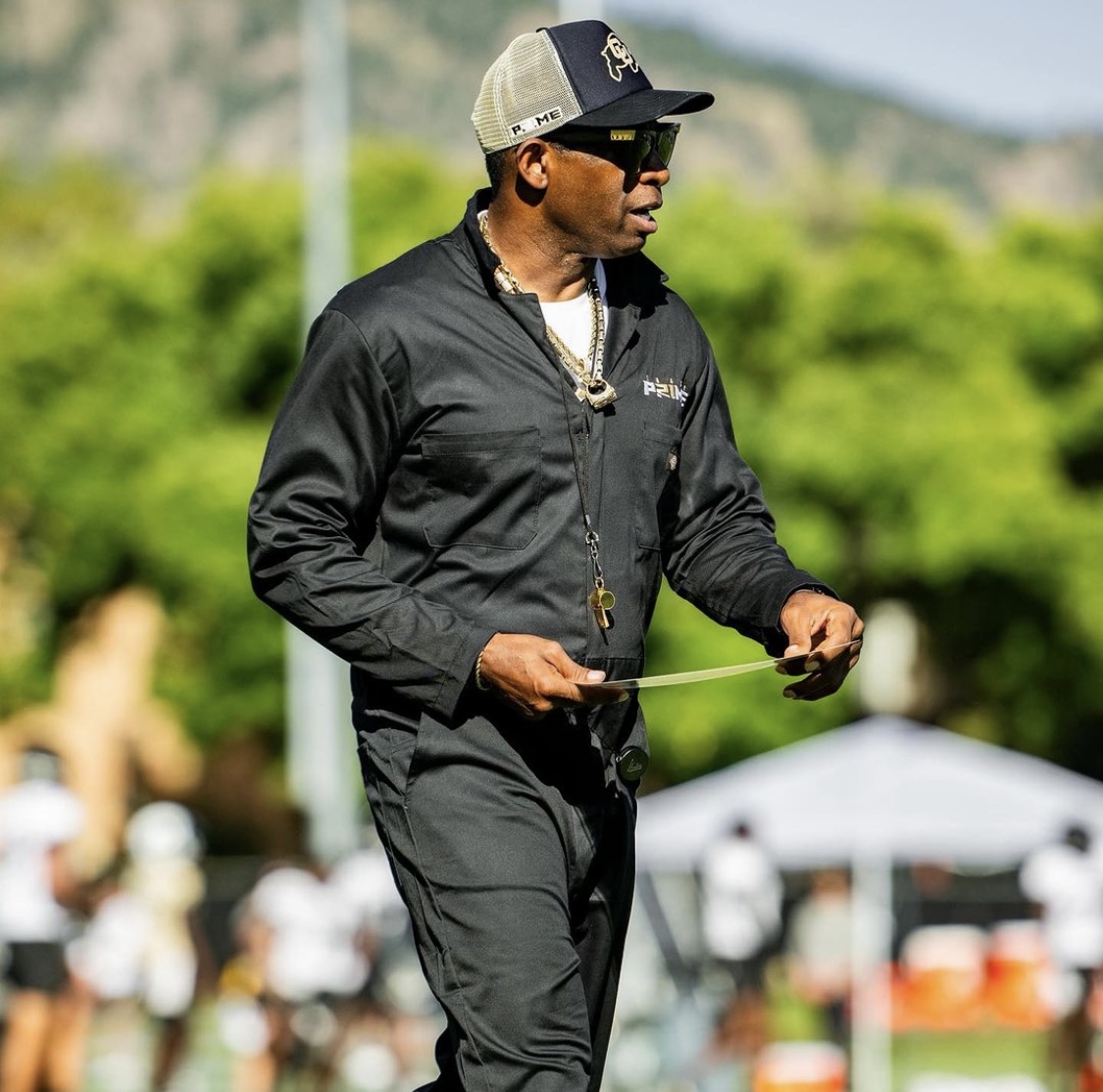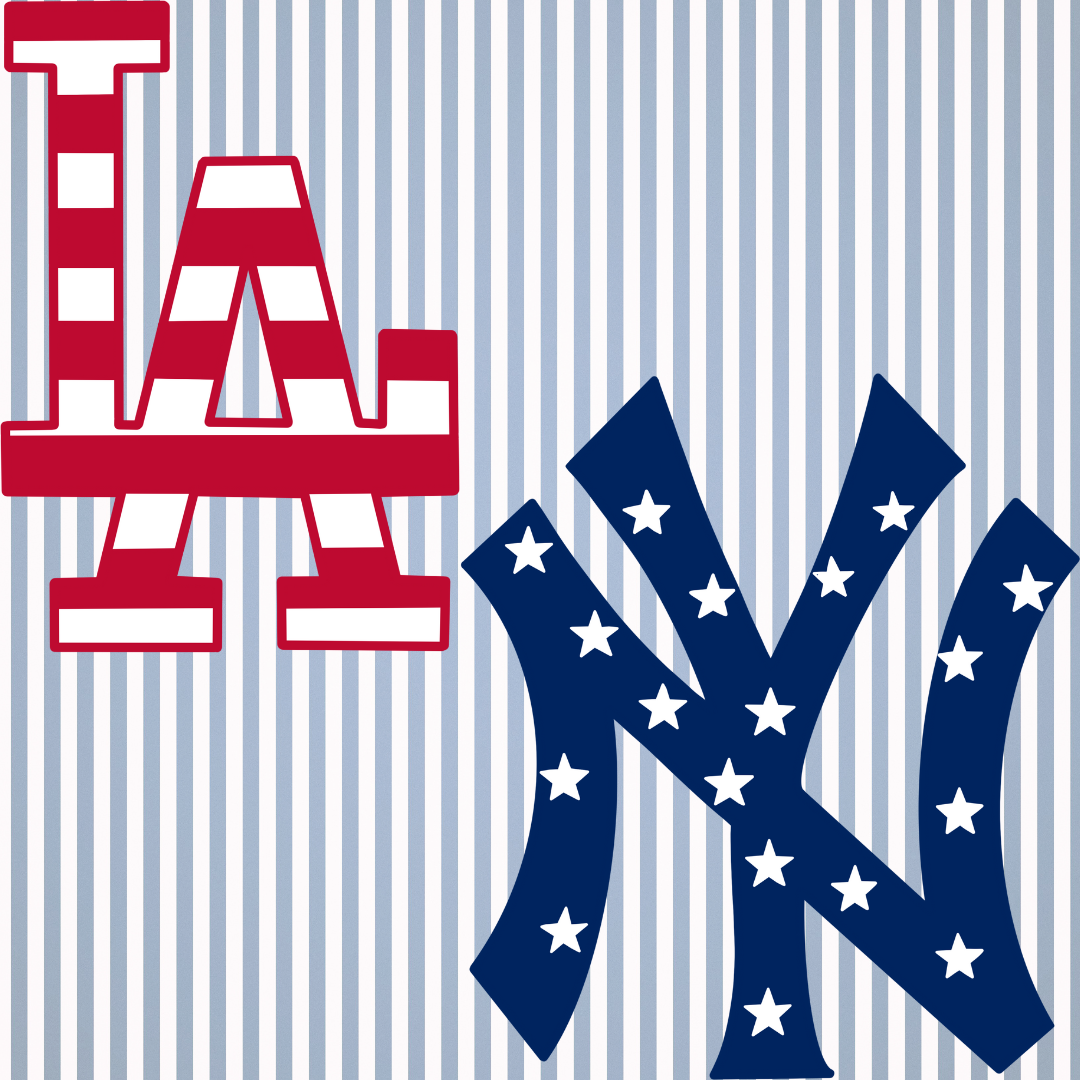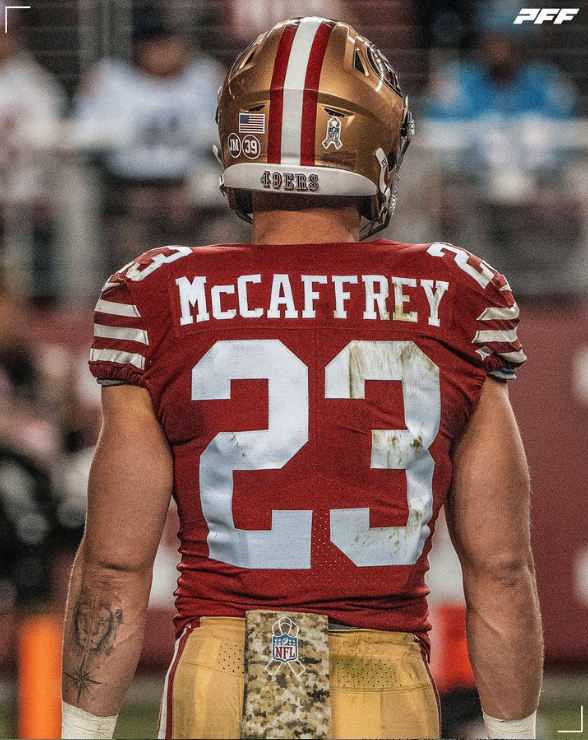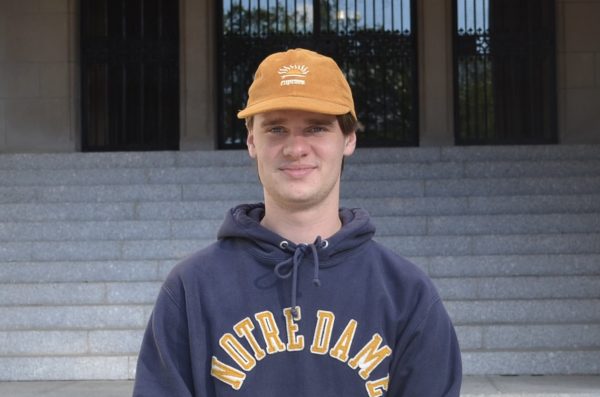He possesses an undeniable ubiquity, his image and bravado having entered into the collective American subconscious as a result of his flat-bill cap, dark tinted shades, and large gold crucifix being the operative object of fascination for sports fans around the country. Even those who are detached from the world of sports are bound to say, “Oh! I know him!” when you utter his now immortal nickname: Coach Prime. This is the magnitude of the cult of personality that Deion Sanders has built up in recent years, his brand and personality having become arguably larger than life.
However, with this newfound prominence and popularity, the general public has the responsibility to scrutinize his character and determine if he is an individual worth elevating. On a more personal level, I think he possesses a rather iffy character. While I will be the first to admit that many other critics of Sanders are older, more conservative individuals whose critiques are steeped in racist rhetoric, I do believe that there exist very genuine, non-racialized problems with Sanders’ manner of operating as a coach that have to be heavily scrutinized in the public arena.
The first and foremost issue that I have with Sanders pertains to the manner in which he walked away from his HBCU “rebuild project.” Providing context for this, when Sanders was the former head coach of Jackson State, an HBCU located in Jackson, Miss., he infamously promised to use both his position and personal notoriety to bring the often ignored and underfunded HBCU system of schools not only to the forefront of American collegiate sports, but also to the forefront of the American higher education system as a whole. For a bit, he did just that, using his larger-than-life persona and coaching savvy to bring in extremely notable and prolific athletes, thus elevating both the on-field and social prestige of Jackson State Football. This upward climb was extremely lucrative, producing new TV and licensing deals, more booster contributions and other sources of revenue that not only directly aided Jackson State, but also the other HBCUs that they competed against. Yet, despite the genuinely positive impact he was having on the HBCU system as a whole, bringing it both additional funds and national attention, Sanders left the second he got a Power 5 job offer. Just like that, his goal to elevate HBCUs was abandoned after only three years, with Sanders trading his ability to provide 228,000 black students with an increase in educational quality via additional revenue streams for the chance to coach at a higher level of football.
Moreover, one can also validly criticize Sanders’ exploitative use of his athletes’ bodies, as he operates with seemingly little regard for player safety, running unsafe practices (one player reported throwing up seven times during a workout) and using players ad-nauseum. A disgusting example of this pattern of reckless abandon is his use of superstar Travis Hunter, a once-in-a-lifetime-type player who can play both sides of the ball at an extremely high level. Elaborating on this, Sanders has inarguably worked Hunter to the bone, playing him on almost every single snap as either a cornerback or wide receiver. This means that he is typically on the field for north of 110 plays every game: a ridiculously dangerous amount considering just how violent and physically demanding the game of football is. Regardless of how good Hunter is or how badly he may demand to be on the field, it is the coach’s job as the adult in the room to be the voice of reason and ensure that Hunter’s body is not put through constant levels of force and contact that no human body should experience. Sanders has seemingly done everything but this, prioritizing a victory in a college football game over the health and safety of a young man.
Finally, Sanders’ tendency to treat the college game as if it were the pros has led to some morally questionable situations. For instance, when he first took the Colorado job, he rather famously remarked that he intended to bring his own players with him, effectively telling the former team that he was going to push them out and hand their scholarships over to his glut of transfers. Thus, he was potentially stripping young men who came from impoverished backgrounds of their chance to receive an education at a reputable research institution, ignoring the educational reality of the situation by acting as if he was an NFL head coach in free agency who was strictly dealing with men whose sole job is to play football. Moreover, Sanders’ abuse of the NIL system is quite problematic. He not only uses the traditional recruiting allures of a national spotlight or high-end facilities to attract players, but he, like many other coaches in the modern game, outright relies on the financial incentives that his program provides. While he may make public statements to the contrary, often denying having a deep attachment to the NIL apparatus, his actions speak otherwise. He has undeniably created an environment around his program in which lucrative NIL deals are to be expected, with nine of his players — many of them unproven true freshmen like Cormani McClain and Dylan Edwards — having made above $100k through their respective deals. In essence, he once again treats college football like the pros, using financial incentivisation to attract premier players in a way that degrades the charm of the game.
While I should note that I in no way think that Deion Sanders is the only coach who engages in these sorts of morally questionable actions, I do feel that the rhetoric surrounding him is relatively different: he is simply so charismatic and good at his job, that to criticize him is to risk incurring the wrath of the greater public. Thus, in my eyes, he has seemingly entered the realm of the sacred in terms of status. Yet, he clearly is not infallible like his divinity would suggest, with this elevation of his greatness in dire need of revaluation and reassessment.












































































































































































































